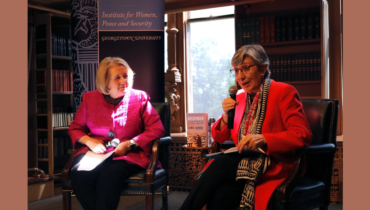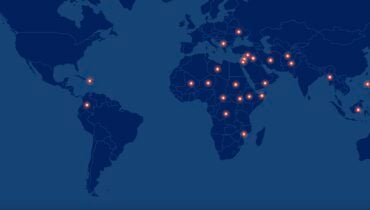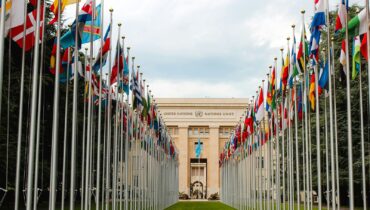December 10 marked International Human Rights Day and served as an important reminder that the human rights emergency in Afghanistan demands our urgent attention.
Since the Taliban’s takeover of Afghanistan in August 2021, the Taliban has violated the human rights of tens of millions of Afghans, with trends worsening each month. Violations include extrajudicial killings; executions of former officials and security force personnel; forced disappearances; raids on the homes of activists, human rights defenders, and journalists; and significant restrictions on women and girls’ access to education, employment, freedom of movement, and participation in public life. Afghans belonging to ethnic minorities, such as Hazaras, experience double discrimination. These abuses have been compounded by the Taliban’s directive requiring judges in the country to apply their radical interpretation of Sharia law to all aspects of life. Amid these hostile circumstances, a growing number of young Afghan women and adolescent girls are turning to suicide. With nowhere to turn for justice, the prospects of many Afghans to retain very basic freedoms, including the right to life with dignity, continue to fade.
The recognition and protection of human rights are fundamental to a peaceful, prosperous, and just society for all Afghans. Given the Taliban’s willful failure to protect the rights and freedoms of the Afghan people, the international community and all the relevant stakeholders must demonstrate leadership and take action. Human Rights Day must serve as a reminder that the world must step up to call for change.
- The United Nations and its affiliated organizations should create an accountability mechanism for human rights violations and crimes being committed against women and girls, minorities and all those at risk of Taliban’s targeted violent attacks. For example, the international community should sanction Taliban leaders’ travel and finances and support the mandate of the United Nations Assistance Mission in Afghanistan.
- The international media should increase coverage of the experiences of Afghan women and girls and provide a platform for activists to raise their voices.
- Global leaders should ensure that the full, equal, and meaningful participation of Afghans, especially Afghan women, from all segments of society is a condition in all engagements with the Taliban.
- Philanthropic organizations and donor countries should direct flexible funding to Afghan women’s rights and human rights organizations and partner with trusted multilateral mechanisms to support particularly vulnerable communities.
- The international community should use their platforms to keep a spotlight on the crisis in Afghanistan, verifying information before sharing it, and contribute funds to humanitarian causes supporting Afghan communities within the country and abroad.
These policy recommendations are part of Onward for Afghan Women, an initiative of the Georgetown Institute for Women, Peace and Security


